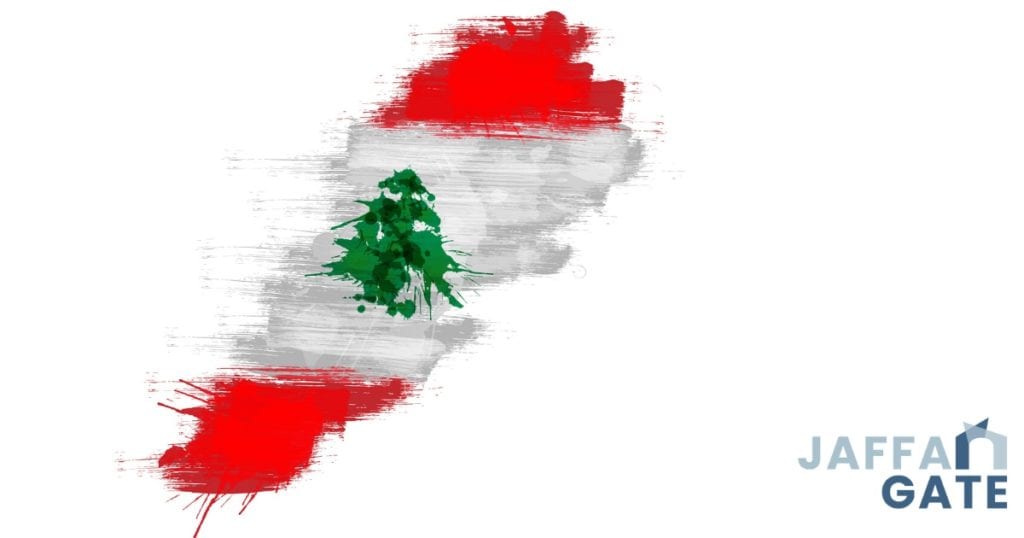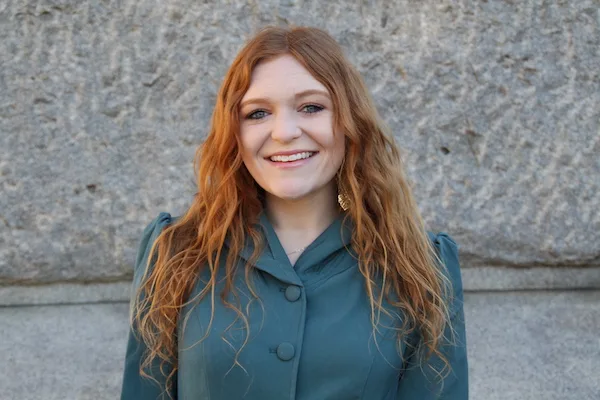At September’s annual In Defense of Christians (IDC) 2020 summit, an IDC board member described Lebanon as the “last bastion of Christianity in the Middle East.” Recently, the advocacy organization hosted a panel discussion titled “The U.S. Needs a Better Lebanon Policy,” which brought together Lebanese and American politicians, clergymen, and experts to discuss how to save Lebanon — and why the changes in policy must be dramatic.
Robert Nicholson, president and founder of the Philos Project, a New York-based non-profit organization focused on positive Christian engagement in the Near East, articulated that he’s “come to believe that only very dramatic action from both inside and outside of the country [Lebanon] will save it.”
“If Lebanon fails, it may be a small state, but it’s where all the triangles in the Near East touch,” concluded Nicholson.
The event was moderated by former South Carolina State Sen. Vincent Sheheen. During the policy briefing, Sheheen communicated that his great-great-grandfather immigrated to the United States from Lebanon in the late 1800s.
In opening remarks, IDC President Toufic Baaklini, himself born in Lebanon, indicated that the panel discussion is part of a larger mission to brainstorm new ideas on how to save Lebanon.
The country struggles under the influence of Hezbollah, a designated terrorist organization by the United States and allies, rampant corruption, and competing outside interference from Turkey, Iran, and other actors.
Baaklini highlighted a recent letter penned by two key members of Congress, Rep. Gregory Meeks (D-NY), Chairman of the House Foreign Affairs Committee, and Rep. Michael McCaul (R-TX), the ranking Republican on the committee, urging President Biden to use the Global Magnitsky Human Rights Accountability Act to put sanctions on those responsible for the recent murder of anti-Hezbollah activist Lokman Slim.
The event also featured brief addresses from a bipartisan coalition of members of Congress — Rep. Dan Crenshaw (R-TX), Rep. Lou Correa (D-CA), Rep. Ron Estes (R-KS), and Rep. Joe Wilson (R-SC). Crenshaw, who was named IDC’s Congressional Champion of the Year for 2020, served in Lebanon during his time as a Navy SEAL.
“Never ask a man if he’s Lebanese. If he is, he’ll tell you. If he’s not, there’s no need to embarrass him,” stated the Texas Congressman, amending the saying originally about Texas.
A common theme in panelists’ remarks was the need for outside support, specifically lobbying for persistent and increased support from the United States.
“I think the U.S. can play a huge role here if it understands the extent of the problem,” asserted Nicholson.
Elias Zaidan, Bishop of the Maronite Catholic Eparchy of Our Lady of Lebanon of Los Angeles, affirmed that “if it weren’t for all the partners and support outside of the country, Lebanon would have exploded a long time ago.”
“The whole world bears responsibility because if Lebanon becomes a failed state, it won’t be good for anyone,” insisted Zaidan.
Neemat Frem, former member of Lebanese Parliament who resigned following the Beirut blast last August, emphasized the dire situation in Lebanon. “What we are living through in Lebanon is catastrophic by all means… this is not business as usual,” he stated.
“Just yesterday, Lebanon was the hub of life in the Middle East,” Frem continued. “We have one to two years to save this kind of Lebanon.
As for positive U.S. policy towards Lebanon, Frem insisted that “we don’t want to just save Lebanon, we want to save the model of Lebanon.” The former member of Lebanese Parliament proposed a combination of solutions, including extreme decentralization, a new Senate, and new elections.
Melhem Khalaf, head of the Beirut Bar Association, emphasized the country’s diverse religious history, the survival of which is unique in the Middle East.
“We have to think about how to preserve the religious roots of our nation, but without the fear and without the sectarian interests,” stated Khalaf. Any new governing system “needs to ensure the Lebanese people that their religious preferences are respected,” he continued.
American Enterprise Institute Senior Fellow Danielle Pletka highlighted the challenges that malicious actors in the region pose in stabilizing the situation in Lebanon. “This is a question of our ability to crowd out those internally in the Middle East who want to interfere,” she asserted.
Pletka emphasized the role Iran has played in destabilizing the situation in Lebanon. Iran has for decades funded Hezbollah both monetarily with weapons. Iran’s interference in Lebanon has “proliferated,” according to Pletka. “This is the model that Iran now imposes” elsewhere in the region, according to the scholar.
The panelists make clear that saving the Middle East’s last bastion of Christianity will take a coordinated effort and combination of both internal work and outside assistance. Despite the magnitude of the challenge, some panelists and special guests held out hope.
“I’m hopeful because I’ve met Lebanese people and I know their character,” Crenshaw attested. The entire IDC policy briefing on Lebanon can be found here.
No comments yet






Leave a Reply